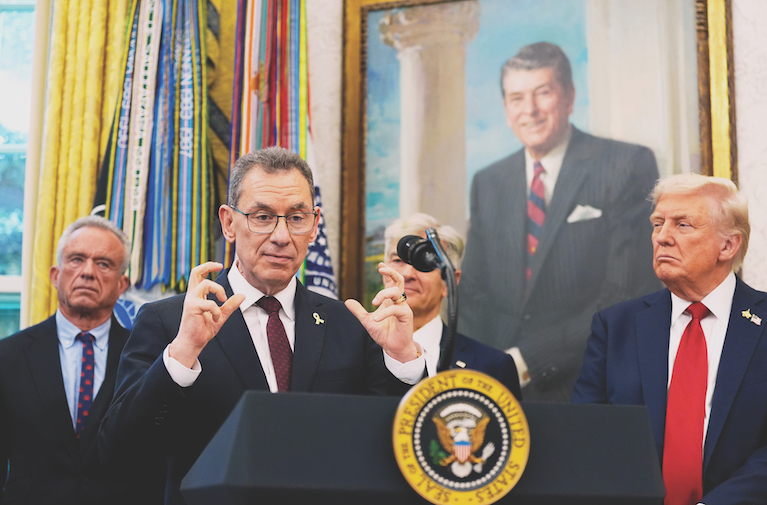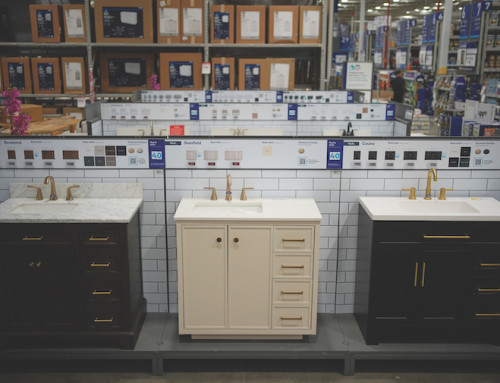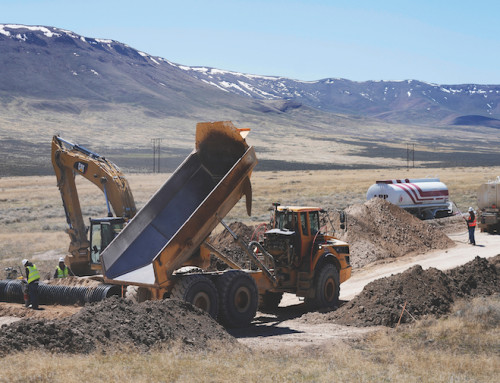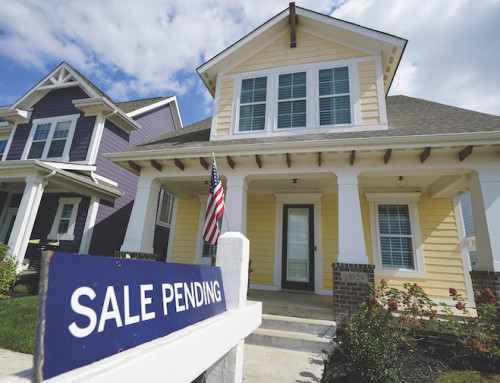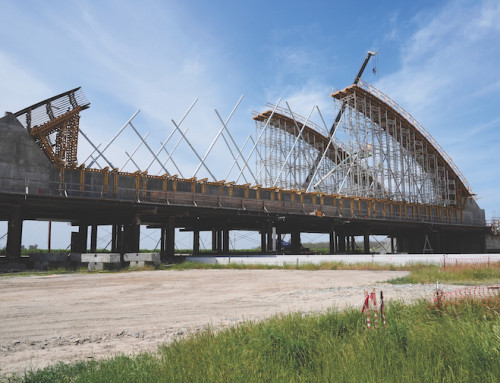WASHINGTON (AP) — Drugmaker Pfizer has agreed to lower drug costs under a deal struck with the Trump administration, President Donald Trump announced earlier this week, as he promised similar deals with other drugmakers facing a threat of tariffs.
The announcement, which Trump made with Pfizer CEO Albert Bourla at the White House, came as the president has for months sought to lower drug costs.
Under the agreement, New York-based Pfizer will charge most-favored-nation pricing to Medicaid and guarantee that pricing on newly launched drugs, Trump said. That involves matching the lowest price offered in other developed nations.
“I can’t tell you how big this is,” the president said.
“I think,” Bourla said, “today we are turning the tide and we are reversing an unfair situation.”
Trump has been talking for months about the need to lower drug prices.
In May, he issued an executive order that gave drugmakers 30 days to electively lower prices or face new limits on what the government will pay.
To persuade them to strike deals, Trump said he threatened to impose tariffs, but that move could raise drug prices.
It’s unclear how the new policy will affect patients in Medicaid, the state and federally funded program for people with low incomes.
They often pay a nominal co-payment of a few dollars to fill their prescriptions, but lower prices could help state budgets that fund the programs. Lower drug prices also will help patients who have no insurance coverage and little leverage to negotiate better deals on what they pay.
“This is something that most people said was not doable,” Trump said.
Trump said he’s making deals with other drugmakers, and “they’re all coming in over the next week.”
Besides committing to lowering costs, Trump said, Pfizer agreed to spend $70 billion in domestic manufacturing facilities, becoming the latest in a string of major drugmakers to announce plans to build production in the United States.
The White House did not immediately release details about the investment, but Pfizer said in a statement that the outlay would be dedicated to U.S. research, development and capital projects in the next few years.
Trump, for months, has spoken of a need to boost drug manufacturing in the U.S.
Consumers are not expected to start seeing lower prices under the deal until 2026, according to senior administration officials who were not authorized to speak publicly and spoke on condition of anonymity.
The administration is also working on setting up a website it plans to call TrumpRX that would allow people to buy drugs directly from manufacturers, the officials said. They did not have details about it but said it was expected to be set up early next year.
Pfizer Inc. is one of the largest American drugmakers. It produces the COVID-19 vaccine Comirnaty and the treatment Paxlovid. Its products also include several cancer drugs, the blood thinner Eliquis and the pneumonia vaccine Prevnar.
Trump sent letters in late July to executives at 17 pharmaceutical companies about changes he would like to see.
Copies of the letters posted on social media note that U.S. prices for brand-name drugs can be up to three times higher than averages elsewhere.
The letters called for drugmakers to commit to offering what Pfizer agreed to: most-favored-nation pricing to Medicaid and new medications.


